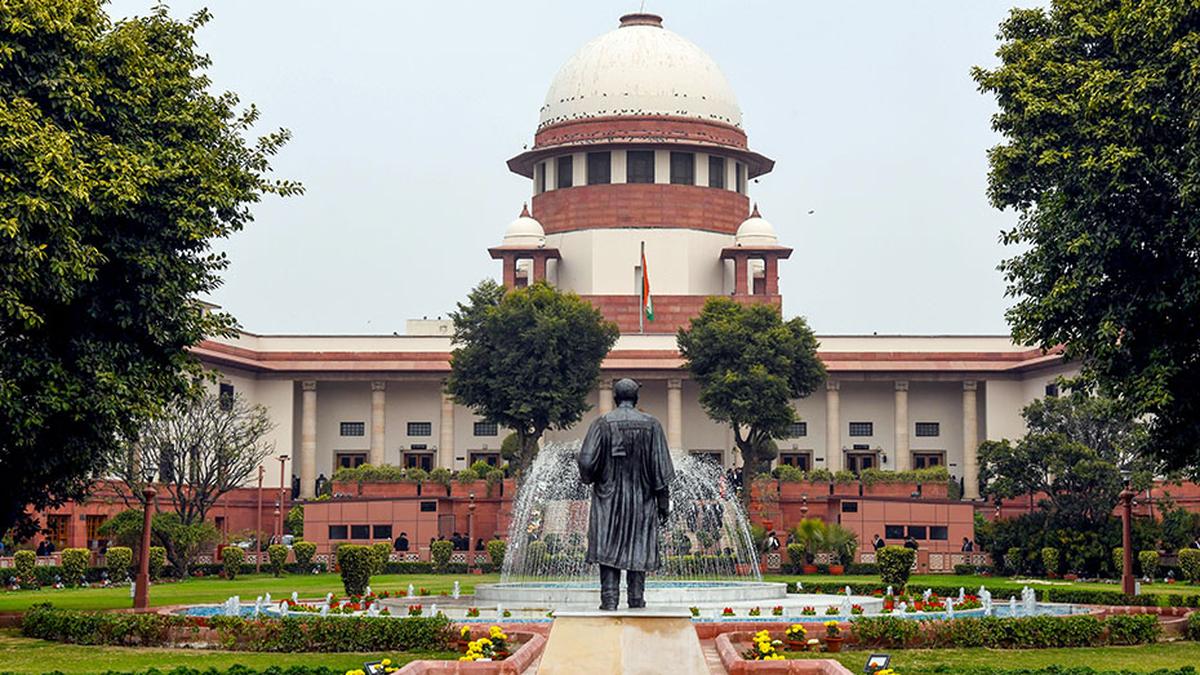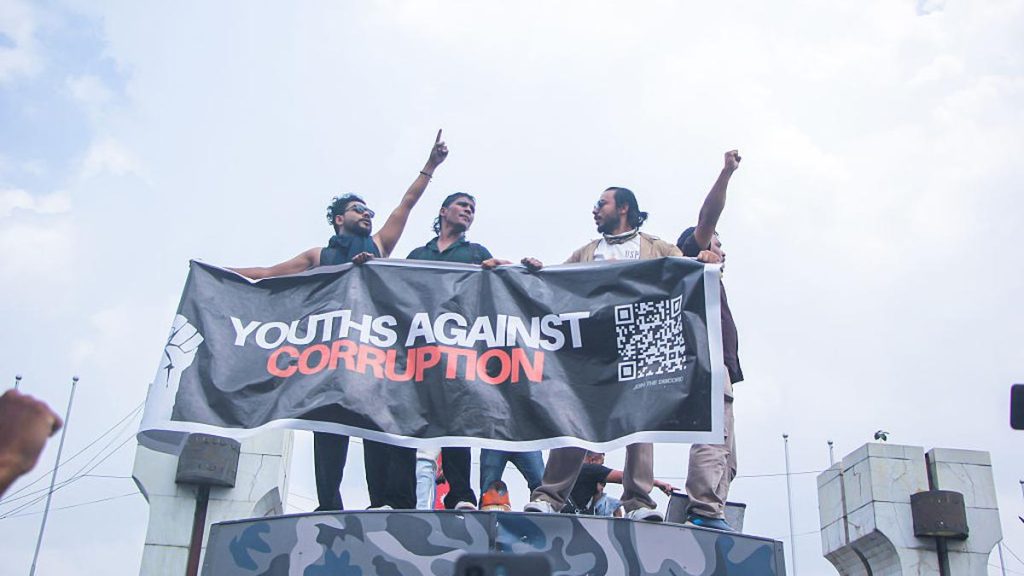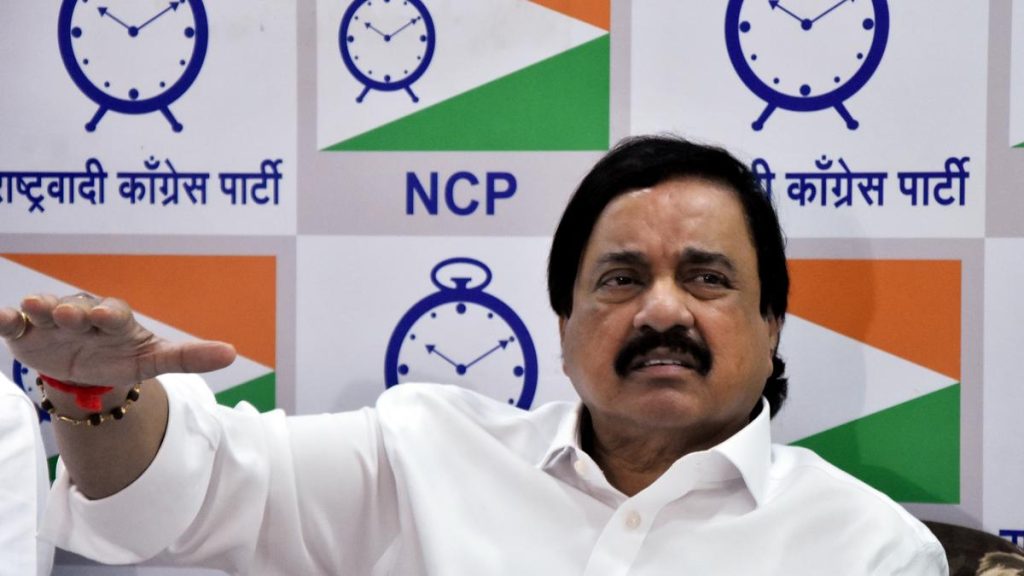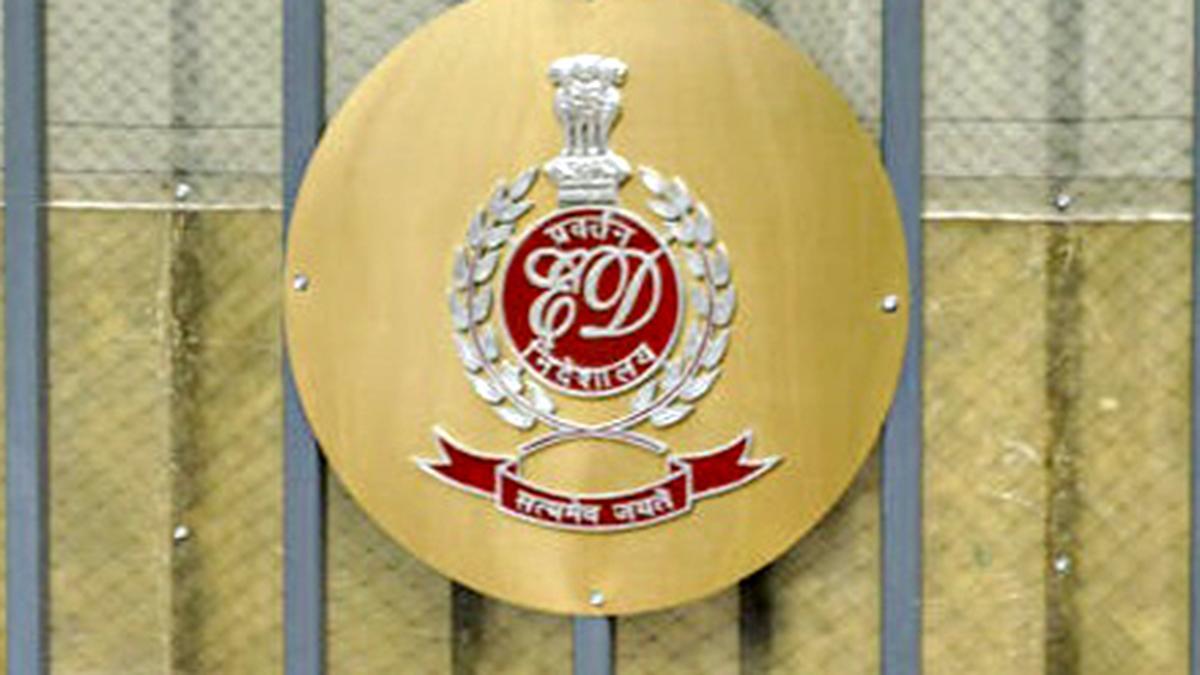Now Reading: Supreme Court Warned of ‘SLAPP’ Cases Against Journalists Year Before Adani Gag Order
-
01
Supreme Court Warned of ‘SLAPP’ Cases Against Journalists Year Before Adani Gag Order
Supreme Court Warned of ‘SLAPP’ Cases Against Journalists Year Before Adani Gag Order

Swift Summary
- The Supreme Court of India had cautioned courts in May 2024 about the misuse of ‘SLAPP’ (Strategic Litigation Against Public Participation) suits, ofen used by powerful entities to suppress free expression and public engagement.
- A civil court recently imposed an ex-parte injunction preventing journalists from publishing allegedly defamatory material against Adani Enterprises.
- On September 18, 2025, District Judge Ashish Aggarwal stayed the civil court’s ex-parte injunction, noting that journalists were not given a reasonable prospect to be heard.
- The Supreme Court’s earlier decisions emphasized protecting journalistic expression as a “constitutional mandate” and warned against cavalier granting of pre-trial injunctions.
- The 2024 ruling by then Chief Justice D.Y. Chandrachud invoked the ‘Bonnard standard,’ which restricts injunctions in defamation cases to exceptional circumstances and prioritizes public interest and free speech.
- Courts were advised to follow a three-fold test for granting interim relief: establishing prima facie defamation,assessing balance of convenience,and evaluating irreparable harm-while avoiding mechanical application.
Indian Opinion Analysis
the discourse around SLAPP suits highlights critical tensions between economic powerhouses seeking reputational protection and the constitutional rights to free speech and public participation. This case echoes broader concerns about using legal mechanisms to silence dissent or investigative journalism under claims of defamation.The Supreme Court’s consistent stance on such issues underscores its role as a guardian against preemptive restrictions that undermine media freedom-a cornerstone in democratic accountability. By staying the ex-parte order without proper hearings for journalists, the judiciary demonstrated procedural fairness while reinforcing public access to unbiased facts.
The implications resonate deeply for India’s press landscape: upholding cautious judicial intervention ensures space for robust journalism without compromising legitimate legal remedies where actual defamation occurs. Balancing this dynamic is essential for strengthening both democratic clarity and individual rights in India.
























